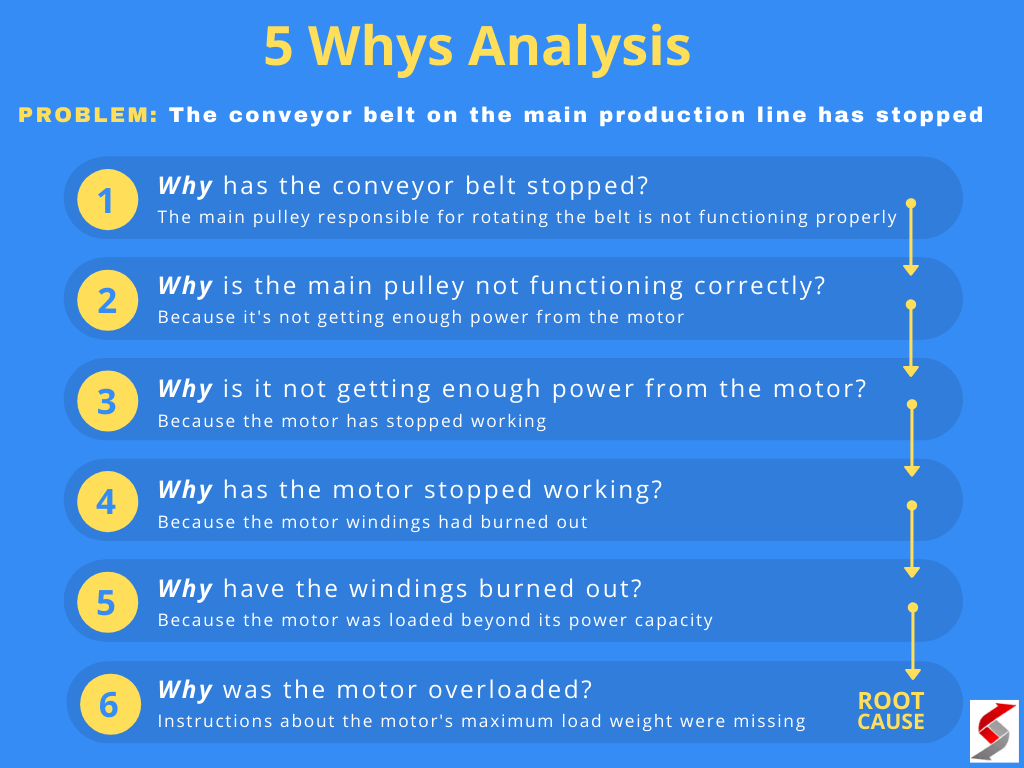Step-by-Step Guide to Building a Career in Sports Journalism
Introduction: The Pathway to Sports Journalism
Sports journalism is a dynamic and competitive field that blends a passion for athletics with strong communication skills and media savvy. Aspiring professionals report on games, conduct interviews, analyze plays, and deliver compelling stories for audiences across print, digital, and broadcast platforms. While passion for sports is essential, breaking into this career requires a strategic approach, including education, experience, and networking. This guide provides actionable steps, real-world examples, and practical advice for those aiming to launch a successful career in sports journalism.
1. Formal Education and Training
While it is possible to enter sports journalism without a formal degree, most employers prefer candidates with at least a bachelor’s degree in journalism, communications, or a related field. These programs teach essential skills such as news writing, reporting, editing, and media law. Many universities offer specialized tracks or electives in sports journalism, covering topics like the business of sports, the role of athletics in society, and multimedia storytelling. For example, New York University (NYU) and other accredited institutions provide comprehensive training and hands-on learning environments [5] .
In addition to core coursework, students are encouraged to develop proficiency in digital tools, including video editing, podcast production, and website management. Learning web authoring languages like HTML can enhance your versatility in online journalism [3] . Many programs require internships as part of graduation requirements, offering critical real-world experience and exposure to professional newsrooms [4] .
2. Building a Strong Portfolio
In sports journalism, a robust portfolio showcasing your reporting, writing, and multimedia skills is often as important as your credentials. Start by contributing to your college newspaper, campus radio station, or online sports blog. You can also launch your own website or blog to feature articles, game recaps, opinion pieces, and interviews. Consistent output demonstrates your initiative, expertise, and versatility to potential employers [1] .
Consider covering local sporting events, high school games, or amateur leagues to gain practical experience and build a diverse body of work. Use social media channels to amplify your reporting and connect with sports fans and professionals. Over time, your portfolio should reflect a range of content types, from breaking news and feature stories to podcasts and video recaps.
3. Gaining Practical Experience Through Internships
Internships provide invaluable hands-on experience and are often a critical step for aspiring sports journalists. Many bachelor’s degree programs require students to complete an internship with a news outlet, sports network, or digital media company [4] . If your program does not require one, you can seek opportunities through professional associations such as the Sports Journalism Institute or by contacting local newspapers and television stations.
During internships, you may be tasked with assisting reporters, conducting research, writing briefs, or providing live event coverage. This exposure helps you understand the fast-paced nature of the industry and develop critical skills in deadline-driven environments. Additionally, internships often lead to full-time job offers or valuable references for future positions.
4. Developing Key Skills for Success
Excellence in sports journalism goes beyond enthusiasm for athletics. Successful journalists possess a unique blend of technical and interpersonal skills:
- Communication: The ability to convey information clearly and concisely across multiple platforms is fundamental. This includes writing compelling articles, delivering on-camera reports, and engaging in live interviews [2] .
- Analytical Thinking: Journalists must interpret statistics, analyze plays, and provide insightful commentary that adds value beyond basic recaps [2] .
- Adaptability: Sports coverage often involves unpredictable events, tight deadlines, and shifting storylines, requiring flexibility and composure under pressure.
- Digital Literacy: Mastery of social media, video editing, and multimedia production is increasingly important as the industry evolves [3] .
- Networking: Building relationships with athletes, coaches, publicists, and other journalists can open doors to exclusive stories and career advancement.
For non-native speakers or those interested in international coverage, developing strong language skills can broaden your reach and open global reporting opportunities [2] .
5. Networking and Professional Development
Networking is crucial in sports journalism. Attend industry conferences, sports events, and workshops to meet professionals and stay updated on trends. Join professional organizations such as the Associated Press Sports Editors (APSE) or connect with peers and mentors through platforms like LinkedIn and Twitter [5] . Many jobs are filled through referrals and internal recommendations, so cultivating relationships within the field can be a significant asset.
Continuing education is also important. Take advantage of online courses, webinars, and certifications in topics such as digital journalism, sports analytics, or multimedia storytelling. Staying current with the latest tools and trends will help you remain competitive in a rapidly evolving industry.
6. Finding Job Opportunities and Career Advancement
Sports journalists can work across various media, including newspapers, magazines, television, radio, and digital platforms. To find entry-level positions, regularly check job boards, company career pages, and industry-specific resources. Some reputable sites for journalism jobs include:
- Media company career portals (e.g., ESPN, CBS Sports, Fox Sports)
- Professional organizations’ job boards (such as the Associated Press Sports Editors)
- General career websites such as Indeed or LinkedIn
When job searching, tailor your resume and cover letter to highlight relevant skills, education, and portfolio samples. Be prepared for entry-level roles such as editorial assistant, junior reporter, or content producer. As you gain experience, you can advance to more prominent reporting assignments, editorial positions, or on-air roles.
7. Alternative Pathways and Adaptability
While traditional media remains a significant employer, many sports journalists launch their careers through independent platforms. Starting a YouTube channel, podcast, or social media presence focused on in-depth sports analysis or commentary can help you build a niche audience and demonstrate your expertise. Many successful professionals have leveraged personal brands to secure media contracts, sponsorships, or collaborative projects with established outlets [1] .
Freelancing is another viable pathway, allowing you to write for multiple publications, cover a variety of sports, and diversify your professional experience. This approach is especially useful while building your reputation or during transitions between full-time roles.
8. Overcoming Common Challenges
The sports journalism field is highly competitive, with many aspiring professionals vying for limited positions. Persistence, adaptability, and ongoing skill development are key. Accept that entry-level roles may involve long hours, lower pay, or less glamorous assignments, but view these as opportunities to learn and grow. Continually seek feedback, refine your craft, and remain open to lateral moves that can broaden your expertise.

Source: etsy.com
For those facing barriers to traditional education or internships, online resources, open calls for contributors, and grassroots reporting can provide alternative ways to gain experience. Stay proactive and resourceful in seeking out opportunities and building your credentials.

Source: ethnicexport.com
Conclusion: Taking the Next Step
Breaking into sports journalism is a journey that combines formal education, practical experience, networking, and continuous learning. By strategically building your skills and portfolio, leveraging internships and professional connections, and adapting to the demands of modern media, you can position yourself for a rewarding career in this exciting field. Remember, every step you take-whether writing a local game recap, launching a sports blog, or completing an internship-brings you closer to your goal.
References
- Indeed (2025). How to Become a Sports Journalist (With Skills and Tips).
- CIS Spain (2024). How to Become a Sports Journalist: Education and Essential Skills.
- Vault (2023). Sportswriters: Requirements.
- Learn.org (n.d.). How Can I Become a Sports Journalist?
- Yellowbrick (2023). Breaking Into Sports Journalism: Career Tips and Pathways.
MORE FROM gowithdeal.com













